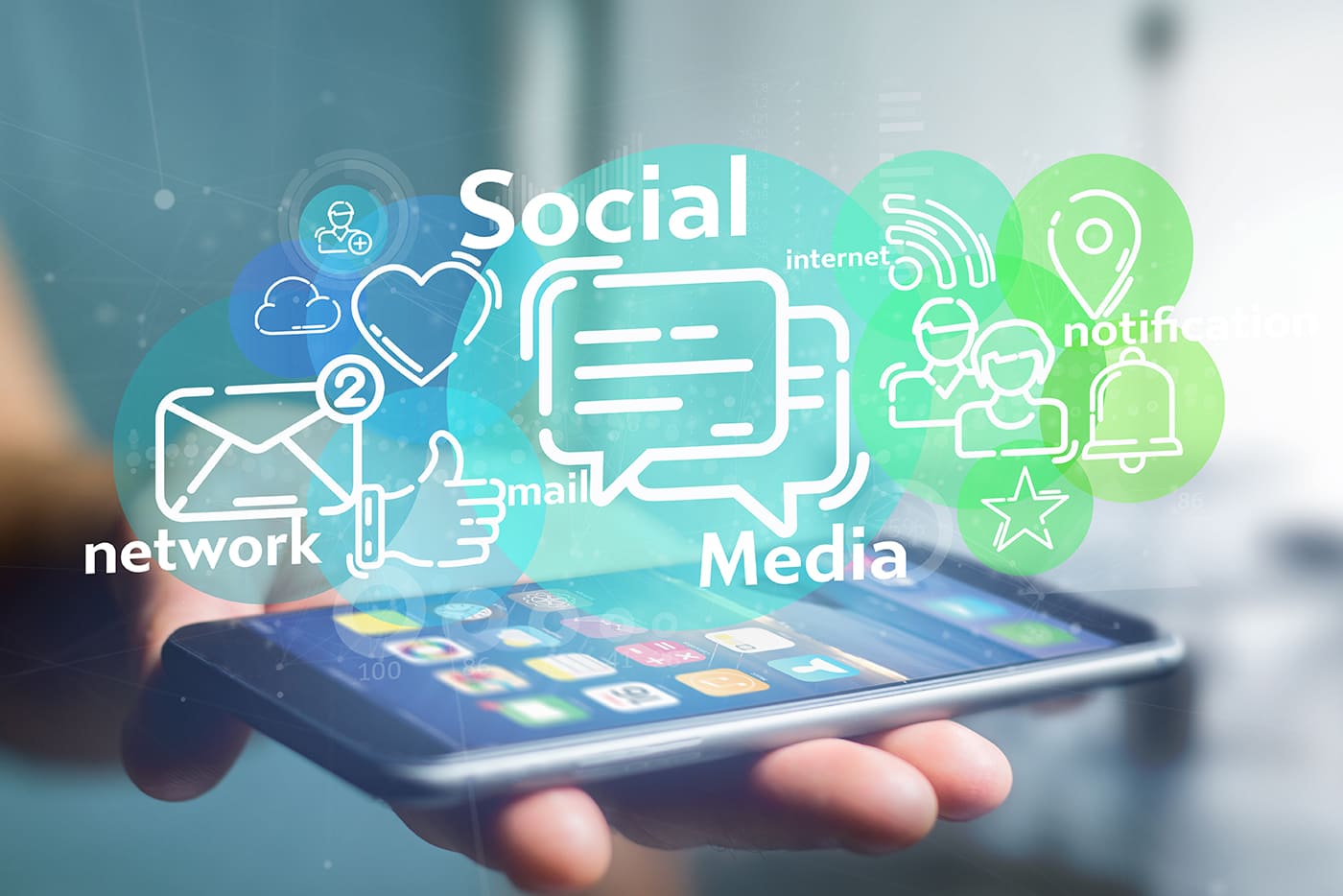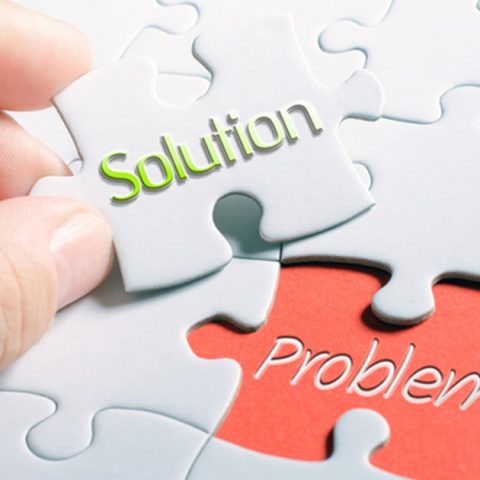By
Imran Hanif, CMgr, FCMI, FIML, MAHRI, MRCSA, MIPSA, QEAC
Premise/Context
In today’s world, the advent of social media has fundamentally transformed how individuals interact, communicate, and consume information. Unlike previous generations, where traditional media such as newspapers, television, and face-to-face interactions dominated daily life, the rise of social media platforms creates a constant stream of information and stimuli. This can lead to an overwhelming sense of connectivity and the need for immediate engagement, resulting in shortened attention spans and difficulty maintaining focus on long-term goals. The ubiquitous nature of social media means that young people are often bombarded with curated content that promotes comparison, anxiety, and, in some cases, an unhealthy focus on external validation, which can detract from personal growth and self-focus.
Moreover, the 24/7 availability of social media contributes to a culture of distraction, where the allure of “likes,” comments, and notifications can interrupt deep work and meaningful engagements. This contrasts sharply with previous generations, where activities such as reading, family time, or outdoor play were more common and typically encouraged sustained attention to tasks without the interference of constant digital distractions. As a result, many young people today grapple with issues related to mental health, such as increased anxiety and depression, often exacerbated by the pressures of social media. To cultivate focus and enhance overall well-being, it is essential for individuals to establish boundaries with technology, create dedicated time for goal-oriented tasks, and engage in mindfulness practices that ground them in the present moment, fostering a greater ability to concentrate on their personal and professional objectives. Here are some ways social media is affecting new generation:
Effects of Social Media on the New Generation:
1. Information Overload: With endless streams of content, young people are constantly bombarded with information, making it harder to focus on any single task or goal.
2. Shortened Attention Spans: The quick, bite-sized content prevalent on platforms like Tik-Tok and Instagram can lead to reduced attention spans. This makes it difficult for individuals to engage in deeper, more meaningful tasks or conversations.
3. Fear of Missing out (FOMO): The curated portrayal of lifestyles and successes on social media can lead to a perpetual feeling of inadequacy. This can divert attention from personal goals and make individuals constantly compare themselves to others.
4. Addictive Nature: The instant gratification of likes, shares, and comments can create addictive patterns. Users may find themselves spending excessive time on social platforms at the expense of real-world activities and responsibilities.
5. Impact on Mental Health: Studies have shown a correlation between extensive social media use and issues like anxiety and depression. Mental health challenges can further distract individuals from pursuing their goals effectively.
Strategies to Maintain Focus on Goals:
1. Set Clear Goals: Define specific, measurable, achievable, relevant, and time-bound (SMART) goals. This clarity can provide direction and help prioritize tasks.
2. Limit Social Media Use: Set time limits for social media engagement. Consider using apps that restrict access after a certain period or during specific hours to help manage usage.
3. Create a Distraction-Free Environment: Designate a work area that minimizes distractions. This can involve decluttering physical spaces and turning off notifications on devices.
4. Practice Mindfulness: Engage in practices like meditation, deep breathing, or journaling. Mindfulness increases awareness of distractions and helps refocus energy on what truly matters.
5. Schedule Breaks: Implement structured breaks to allow for rest without turning to social media. Use this time to reflect on progress towards your goals without the influence of external distractions.
6. Engage in Offline Activities: Pursue hobbies or activities that do not involve screens. This can foster creativity, enhance well-being, and provide a respite from the pressures of social media.
6. Connect with Like-minded Individuals: Build a support network of friends or peers who share similar goals. Engaging with others who are focused and motivated can inspire commitment and accountability.
7. Regularly Assess Progress: Periodically review your goals and progress. This can help in staying aligned with your objectives and recalibrating efforts as needed.
Conclusion:
Research abundantly shows that the unnecessary use of social media has been linked to a rise in anxiety, stress, and various health issues among individuals, particularly among younger generations. Platforms designed for constant engagement often employ algorithms that prioritize sensational content, leading users to scroll mindlessly and compare themselves unfavourably to others. This comparison can trigger feelings of inadequacy, loneliness, and fear of missing out (FOMO), all of which contribute to heightened stress and anxiety levels. Furthermore, the constant notifications and digital interruptions disrupt focus and concentration, making it difficult to engage in meaningful activities or develop deep connections with others. As a result, many individuals find themselves in a cycle of seeking validation and overstimulation, detracting from their overall mental health and well-being.
In nutshell by understanding the impact of social media and actively implementing strategies to manage its influence, individuals can better maintain focus on their aspirations and navigate the distractions of the digital age.
Note: This short blog is for learning and awareness purpose only.





